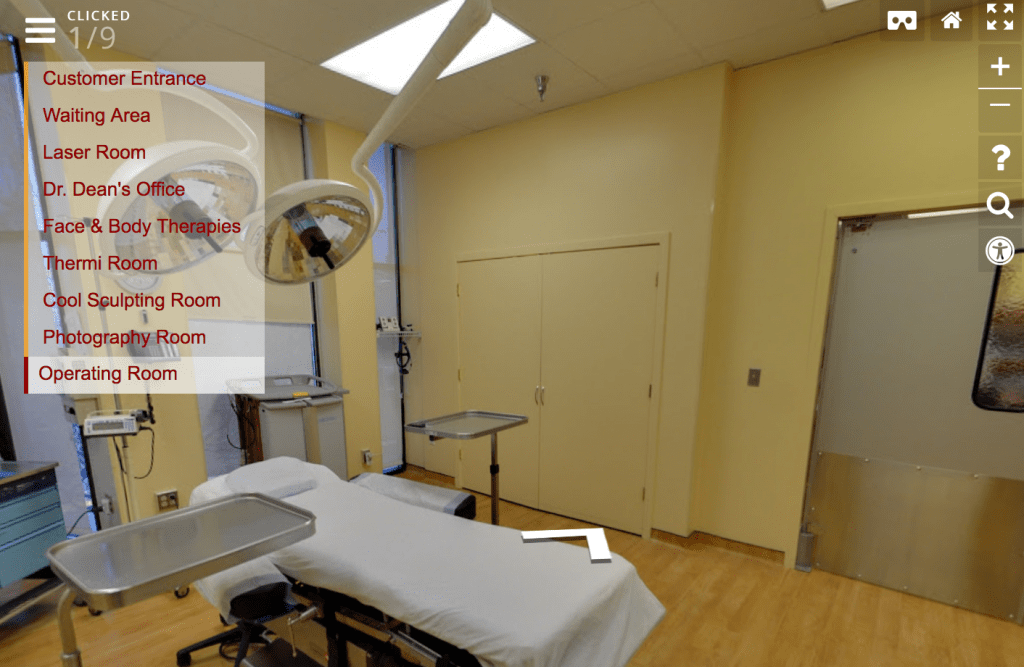Dean Kane, MD (DK): I found this article interesting given the hype and drive of hospital systems to espouse their services. I will add my perception of the advantages and limitations if any of properly accredited ASC / OSC’s such as ours at Dean Kane, MD Center for Cosmetic Surgery and MediSpa within the content of the article.
Study finds fewer adverse events after treatment at ASCs vs. HOPDs — 6 takeaways
Written by Angie Stewart | May 11, 2018
Patients treated in an ASC are less likely to be admitted to a hospital or visit an emergency room in a short period after outpatient surgery, according to an independent study published in the Journal of Health Economics.
The study compared ASCs and HOPDs on two quality of care measures: inpatient admission and ER visits on the same day, seven or 30 days after an outpatient procedure.
Here are six takeaways.
- The study focused on physicians who operate in both ASCs and HOPDs and analyzed the 10 most common procedures by ASC volume in 2007.
- Researchers examined variation in Medicare facility payments to estimate how treatment setting impacted patient outcomes. This methodology was used to ensure results showed differences in quality of care rather than differences in patient health.
- As predicted ASC payment rates increase, patients are more likely to be treated in an ASC, the study found.
- Researchers concluded ASC treatment reduces the probability of same day, seven-day and 30-day inpatient admissions and ER visits relative to HOPDs.
- The study determined the rate of post-procedure adverse events decreased for both low and high-risk patients.
- Researchers found evidence that ASC treatment may reduce medical complications and ER visits. They found no evidence of a statistically significant relationship between ASC treatment and ER visits for infections.
“The findings in this paper indicate that ASCs provide high quality services and suggest that promoting greater use of ASCs may lead to healthcare cost savings and overall welfare gains,” the authors said.
DK: The bureaucratic, complicated manner by which hospitals work today favor a simpler solution to out-patient surgical care. Less complications occur when less patients are treated in smaller operating room units because the nursing-to-patient load is less. Sick patients need more intensive medical care at the time of surgery and more post-operative care and medication needs. While todays patients generally have more medical concerns when entering the surgical theatre, anesthesia care is also more capable to handle the added complexity in both ASCs and OSCs. The more concentrated patient / medical care staff density, I believe, adds to the greater hospital acquired infections and complications as is revealed by the above and more recent reviews.
Fully accredited OSC’s provide the greatest nurse-to-patient care ratio’s. The concerns of “what if something goes awry” is no different in a HOPD, ASC nor OSC as 911 / EMT’s must be called to assist in the stabilization and transfer of a patient even if on a HOPD campus from one building to the Emergency Department. Accreditation standards today are all equivalent in the care, management and treatment of patients across the surgical spectrum. Hospitals are now more acute care institutions whereas ASCs and OSCs are more and more providing more accessibility for the less acutely complicated patient including orthopedic, ENT, general surgical and cosmetic surgery cases.




